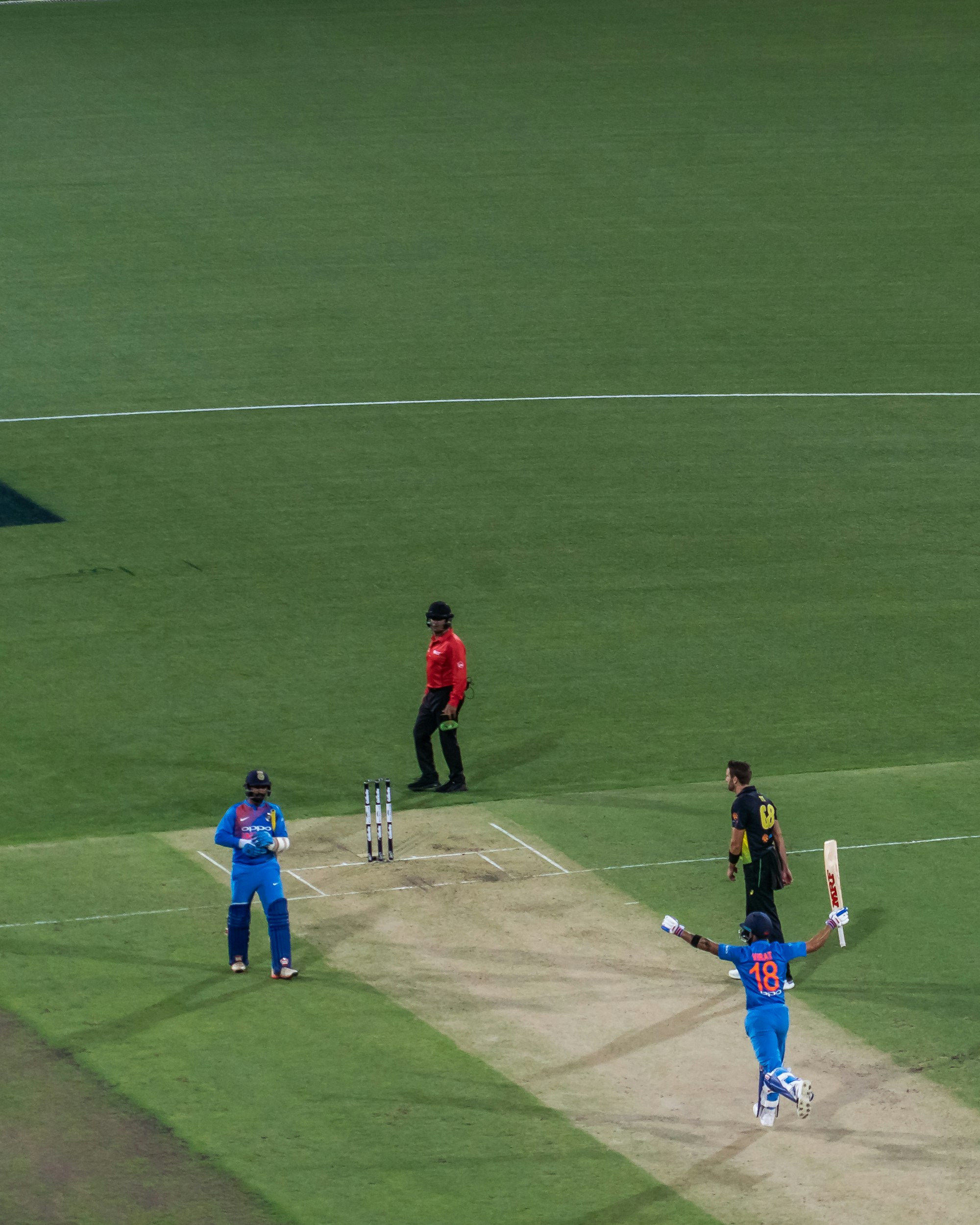rules or no rules?
For most questions in the realm of fitness and nutrition, the correct answer is - it depends. Should you do IF? Should you lift 3 days of the week or is 2 enough? Should you change what you are doing, or keep going? Should you rest today or not? These are not straightforward questions to answer. For example, if you are deadlifting heavy (let's crudely define that as double your bodyweight or more), then once or twice a week of that is ample training. But if you are going in and deadlifting 20 kilos and pressing 10 kilos, then you will need to do more work and more days of it. But then again, it depends.
Most diets come with rather strict rules. And in the short term, most diets (if you stick to them) produce rather solid results. Then, most often, the wheels come off. It could be as simple as being unable to follow the strict rules or whatever.
A good training plan has clearly defined training days, what works and at what intensity one should be doing. A good training plan will also have a few guidelines on what to do if you are not feeling great (do 50%, for example) or if you are in pain (work around the pain, not through it. Or take a week off, see a physio)
Since they are open to interpretation, depending on your mood, you will interpret guidelines rather differently at different times.

And because rules can be constricting, when we defy them, we feel it is you vs them. Except there's no them here - you made up or agreed to follow these rules. Because you wanted some outcome.
open to (mis)interpretation
The real complication arises when these rules drive us crazy. Let's take a few guidelines which are generally misinterpreted as rules.
- walk 30 minutes a day
- walk 10,000 steps daily
- eat 3 meals a day
Does this mean walking for 28 minutes has no effect but that magical 30-minute mark shreds your fat?! Of course not. What if you have time only for 15 minutes that day? Are you going to do nothing instead because you are thinking it is always 30-minutes-or-bust?
Most guidelines fail because they are given as rules. And rules have a way of making us fall apart.
Yes, there's the other side of this coin as well. You are feeling bored or you aren't motivated - so you walk for 5 minutes instead of 30. Coz this fellow who wrote a blog post that you will cherrypick says we don't need to be strict about this 30 minutes. True, but what is the guideline about skipping stuff coz you are not feeling motivated (the guideline is - Don't!)
a century vs the nervous 90s
Cricket is a useful place to look at. Even if you don't follow the sport, read on. It will make sense to what we are discussing in rules and guidelines.
A century (scoring a 100 as a batsman) means you are up on the honours board and there's a standing ovation when you get there and a lot of chest-thumping and all that. But if you hit 97 and get out, where's the celebration? Where's the chest-thumping? How can a measly 3 runs, or a lack of getting there be so significant?

Because it is not. A century or a 50 is simply a line in the sand. It is a significant achievement, of course. It helps one keep track of statistics and to have armchair arguments about who scored how many 50s but could never convert them to big scores or what-not. Barring Sehwag, most batters get their undies in a knot in the nervous 90s, as they are called. And for a brief period in the game, their personal glory, this milestone becomes much bigger than the larger view of the game. That's a bit silly. But it is a scenario brought about by the glorification of this milestone.
Then again, you cannot celebrate every run. Coz that's your job. So, it is a useful release valve, a time to turn your brain off, exult. And then, recalibrate. The point I am making is NOT to remove the concept of 100s and 50s from cricket. Let's get back to the world of fitness and nutrition, eh.
a shift in thinking
We definitely need a shift in thinking. How can we have the right set of rules and know when to relax them? How can we have the right set of guidelines? How do we know when to use what?
The answer, unfortunately, is it depends.
Let's take a common scenario that happens with binary thinking. You are not eating sugar coz. And then the craving gets bad. You can't take it. It has been a stressful day. So, you pop a blob of Lindt.
Now, in your rule-driven diet, you've broken the rule. You are angry. Mostly at yourself coz, you broke the rule. You are angry at this repressed way of eating and dieting. You are angry you need to diet. You feel guilty. And somewhere you decide to order a few scoops of ice cream and while you are waiting for it, off you keep popping some more of those delicious blobs.
That's completely flawed. Obviously. You nod along now but we all know this happens regularly. Too regularly.
A few more blobs and scoops of ice cream later, you feel bloated. You feel uggghhhhhh. That was just way too much sugar. You feel like shit the next day. You are angry coz you let yourself go. You beat yourself up. You decide to be stricter this time around. Rinse and repeat.
instead
Have the ice cream because you wanted that ice cream. You took time and rationally decided that it was okay to have it. You know your long-term plan. You know your guidelines. You know you are going to continue to put your shift in the gym (not do extra or any such nonsense to burn off the ice cream) and you know you are going to continue eating your vegetables and water and all that.
Rules make us do silly things. We need rules. But many times, in realms like fitness and nutrition, we need guidelines and coaching, and common sense.
This is why, many times, the answer to the most important question of "Should you have ice cream tonight?" is ..... it depends.
